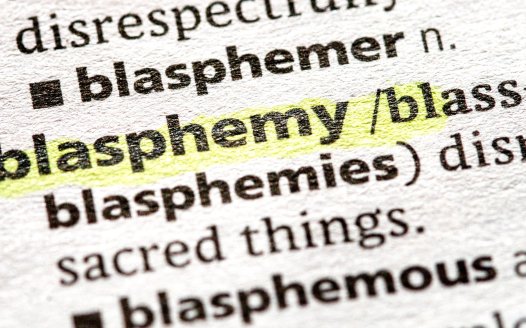European Court of Justice: Employers can require staff to wear religiously neutral clothing
Posted: Tue, 14th Mar 2017
The European Court of Justice (ECJ) has advised that employers can ask their staff to "dress neutrally" provided rules are consistent and apply to all religious symbols equally.
The ruling came after a long-running case concerning a Muslim woman in Belgium who was dismissed by G4S "because of her continuing insistence on wearing the Islamic headscarf at work" despite a G4S rule that employees are "prohibited, in the workplace, from wearing any visible signs of their political, philosophical or religious beliefs".
The Belgian Court of Cassation sought clarification from the ECJ over the EU directive on equal treatment in employment and whether the rule amounted to direct discrimination.
Because G4S' internal rule treats all visible religious or political expressions in the same way, rather than singling out the hijab or any other particular religious symbol, the ECJ advised that it is not discriminatory and does not result in a "difference of treatment" for Muslim employees who choose to wear the hijab.
"The ban on the visible wearing of signs of political, philosophical or religious beliefs is appropriate for the purpose of ensuring that a policy of neutrality is properly applied, provided that that policy is genuinely pursued in a consistent and systematic manner," the ECJ said.
However the Court has left it open to the Belgian court to conclude that such a rule might amount to indirect discrimination on the grounds of religion or belief if it could be established that a neutrality rule put "persons adhering to a particular religion or belief being put at a particular disadvantage."
But as long as the rule was underpinned by a "legitimate aim" achieved through "appropriate and necessary" means the Court advised that it would not amount indirect discrimination.
While a company rule requiring neutrality is legitimate, the Court decided that it "cannot be considered a genuine and determining occupational requirement" for a company to instruct an employee not to wear a headscarf just because a customer demands it. Amnesty International welcomed the rulings' clarification that "employers are not at liberty to pander to the prejudices of their clients", but claimed that a neutrally applied policy opened a 'backdoor' to discrimination.
NSS campaigns director Stephen Evans commented on the ruling: "Religious and political neutrality can be a perfectly reasonable aim.
"This ruling demonstrates that this approach is consistent with equality and human rights law and that businesses and organisations who wish to present themselves in a neutral way are able to do so, provided their actions are fair and reasonable. The test of reasonableness and proportionality will be for national courts to decide.
"But where a ban on employees wearing religious or political symbols is founded on a general company rule of religious neutrality, and where that rule is applied equally to all, it can't realistically be argued that this constitutes 'direct discrimination' and this ruling simply reflects that."
When asked about the court's view at Prime Minister's Questions, Theresa May told the House of Commons that "There will be times where it's right for a veil to be asked to be removed such as border security or perhaps in courts" but that it is "the right of all women to choose how they dress and we don't intend to legislate on this issue."
Responding to concerns raised in an urgent question in the House of Commons, Caroline Dinenage, the Parliamentary Under-Secretary of State for Women and Equalities, said: "The judgments confirm the existing long-standing position of EU and domestic law that an employer's dress code, where it applies to and is applied in the same way to all employees, may be justifiable if the employer can show legitimate and proportionate grounds for it."







